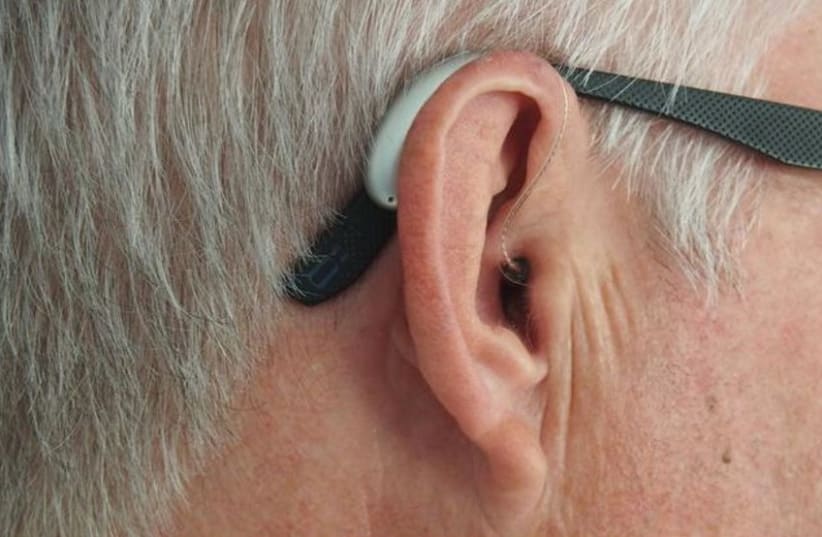Hearing loss in the elderly affects women and men differently due to a variety of factors, according to researchers in South Korea. They include weight, smoking behavior, and hormone exposure. “Hearing loss should be prevented, even it is related to aging,” they asserted.
According to a new study entitled “Sex differences in associated factors for age-related hearing loss (ARHL)” that has been published in the journal PLOS by Dong Woo Nam from Chungbuk National University Hospital, the disability makes spoken communication more challenging, often leading to loneliness and depression.
About one in five people around the world suffer from AHRL, and this number is expected to rise as the global population ages. Since it’s irreversible, identifying it early and taking preventative measures are especially important. The researchers analyzed check-up health examination data from 2,349 participants over the age of 60. After gathering each participant’s medical history and performing blood tests, a body-composition test, and a basic hearing test, they ran statistical analyses to identify factors most strongly associated with ARHL risk for men and women.
Some factors are linked to sex, some are not
The researchers found that while some factors such as age were linked with ARHL regardless of sex, others were differently associated with ARHL risk in males and females.
Among women, age, hypertension, diabetes, imbalance of blood fats, obesity, sarcopenia (the loss of strength and muscle), weight, height, menarch (age at the onset of menstruation), and duration of hormone exposure were found to be significant factors.
However, in the multiple logistic-regression model for men, underweight, and smoking emerged as significant, while in females, age, weight, obesity, and age at menarche retained their significance. For example, while being underweight showed a significant association with the condition in men, both low weight and obesity showed significant links in women. Smoking was associated with increased ARHL risk in males only (who were far more likely than females to identify as smokers in this sample population).
